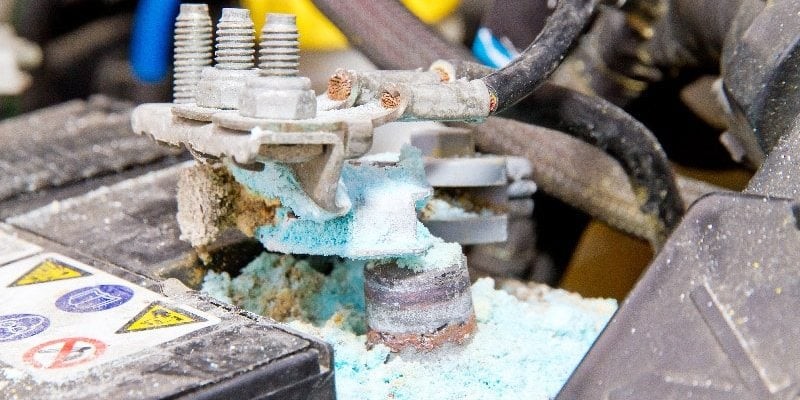A significant number of the devices we utilize on a daily basis, including our vehicles and portable electronic devices, rely on batteries for their operation. Sulfation, nonetheless, represents a significant challenge that can adversely affect the longevity and performance of batteries. The formation of lead sulfate crystals on the battery’s plates results in sulfation, thereby diminishing the battery’s ability to effectively store and discharge energy. It is essential for businesses and individuals utilizing battery-powered equipment to comprehend the phenomenon of sulfation and the methods to prevent it.
Understanding Battery Sulfation
The primary cause of sulfation is the prolonged duration during which the battery remains fully depleted. Lead sulfate is formed during the discharge of a lead-acid battery as a result of a reaction involving the sulfuric acid electrolyte and the lead dioxide and sponge lead plates. Typically, during the charging process, lead sulfate will re-dissolve into the acid. Conversely, lead sulfate crystals have the potential to consolidate and harden when the battery remains depleted for an extended duration, thereby complicating the battery’s ability to restore its functionality. The degradation of this nature may lead to a reduction in capacity, performance issues, and ultimately, battery failure.
Consequences of Sulfation
The phenomenon of sulfation can lead to adverse effects on batteries, such as a rapid decline in efficiency and an increased necessity for costly and more frequent replacements. A sulfated battery may exhibit diminished capacity to deliver electricity, potentially resulting in inconsistent operation of other battery-powered devices or suboptimal starting performance in vehicles. Choosing the Auto Repair in Mesa, AZ is an essential deal here.
The Role of Professional Inspections
The prevention of sulfation primarily relies on consistent professional inspections. Experienced technicians possess the capability to assess the specific gravity of the electrolyte, identify sulfation, and evaluate the overall condition of the battery. By adopting a proactive approach, challenges can be recognized at an early stage and addressed in a timely manner. Experts in the field of auto repair possess the ability to perform deep cycle charging, a process that aids in restoring battery performance and mitigating the impacts of sulfation. This maintenance enhances reliability while simultaneously prolonging the lifespan of the battery.
Prevention is paramount
To ensure optimal performance of batteries and to avert sulfation, it is essential to implement preventative maintenance measures. To prevent the issues of undercharging or overcharging, both of which can result in sulfation, professionals may also undertake the cleaning of battery terminals, assess connections, and adjust charging systems during their evaluations.
Acquisition of Long-Term Batteries
Individuals seeking to maintain battery efficiency would be prudent to invest both time and resources in regular professional assessments. Organizations that operate with numerous batteries must consider establishing a routine maintenance schedule. By implementing this approach, there is a significant potential to minimize the likelihood of sulfation, thereby enhancing performance and decreasing the interruptions caused by battery failures.











